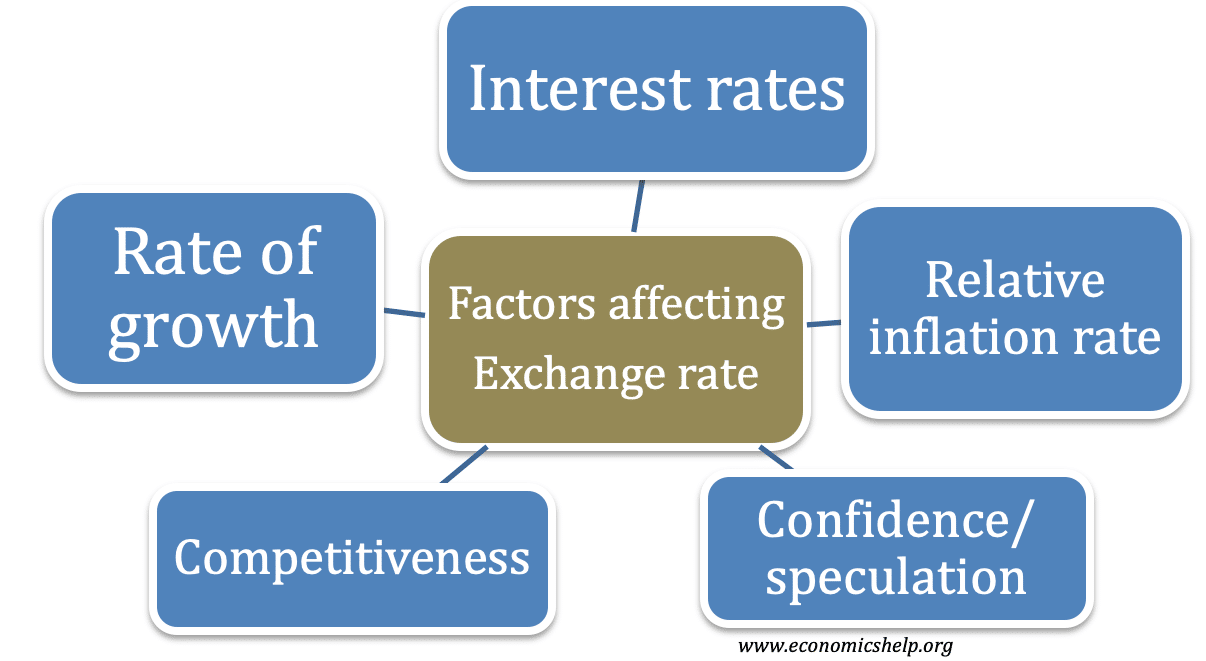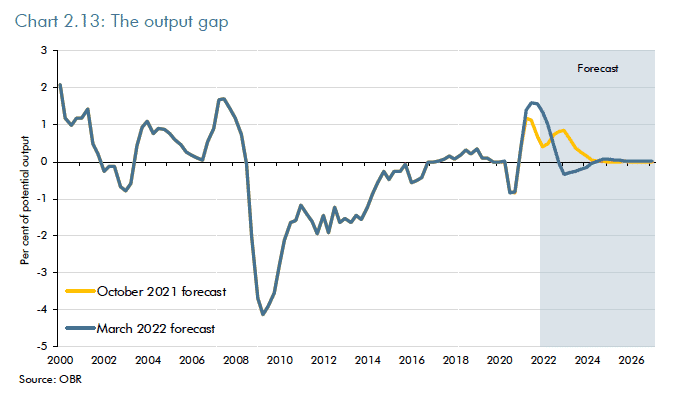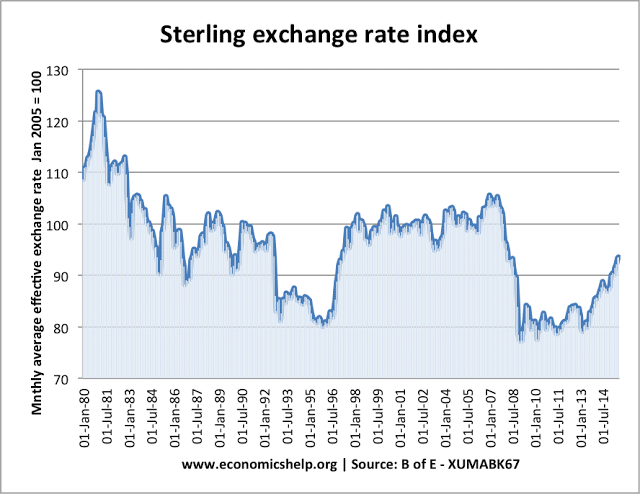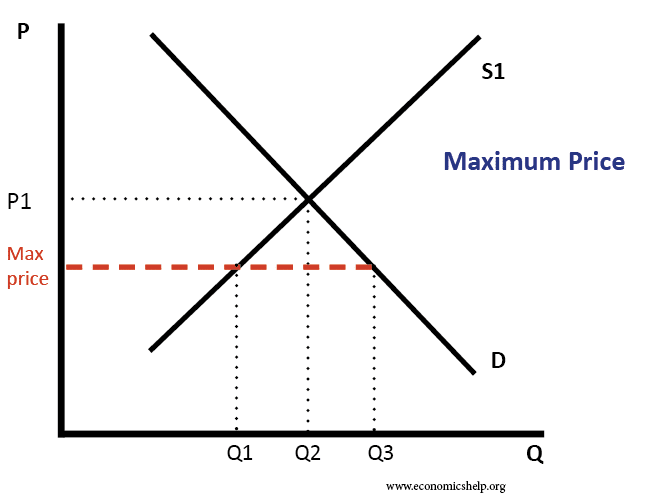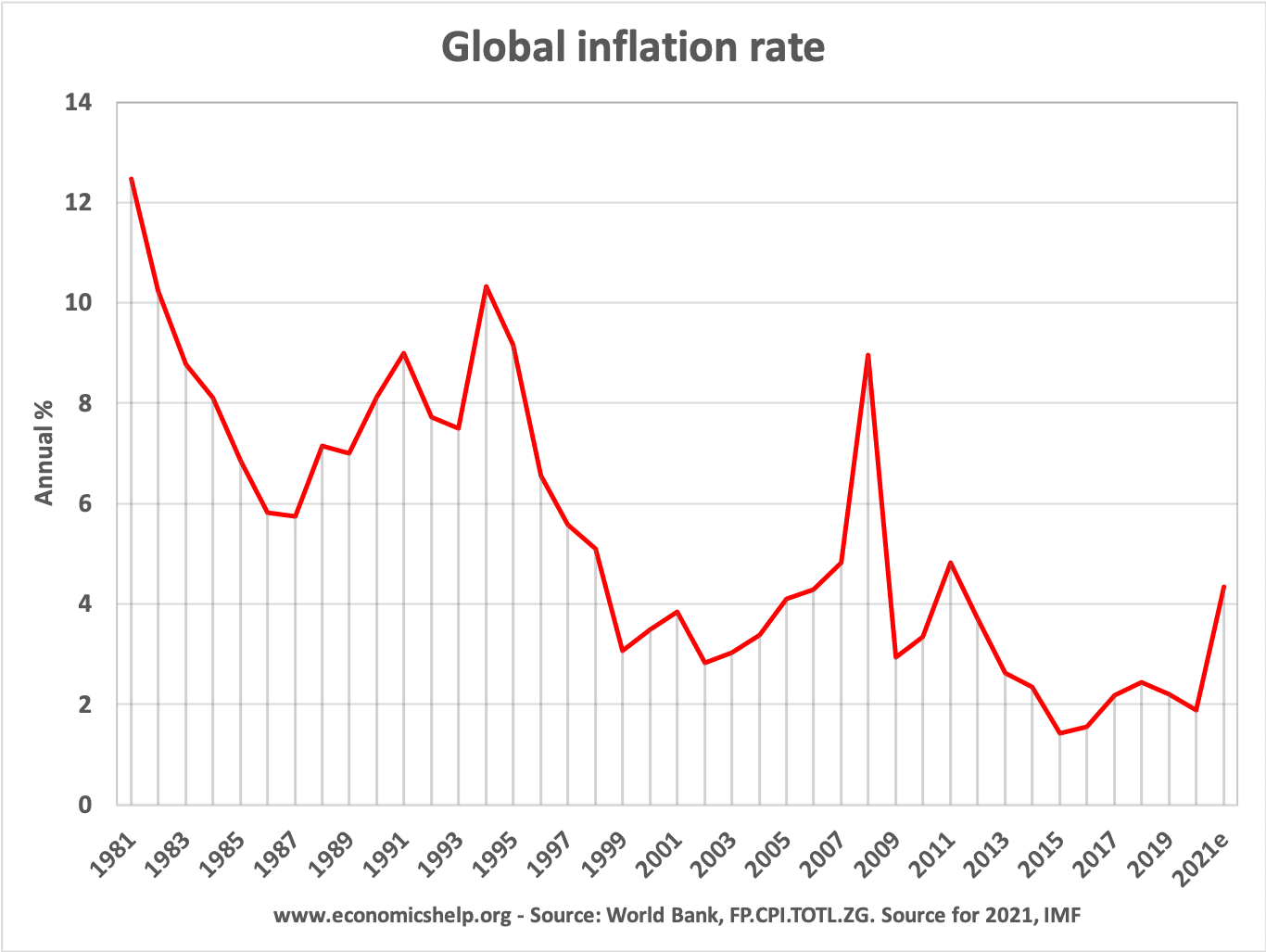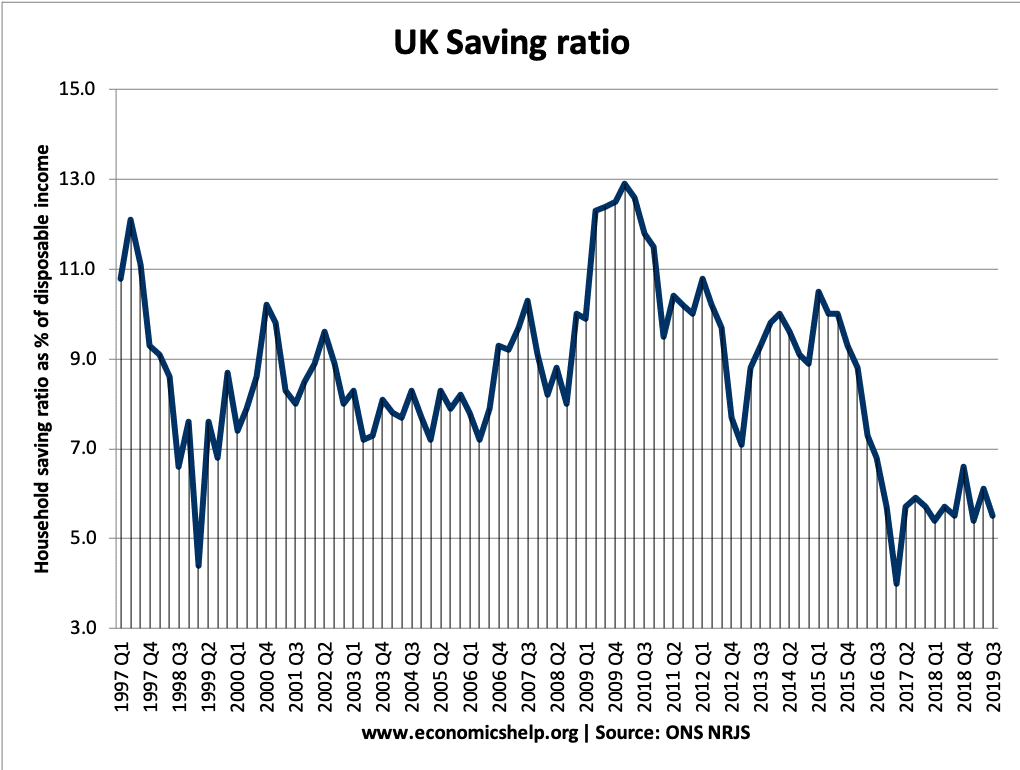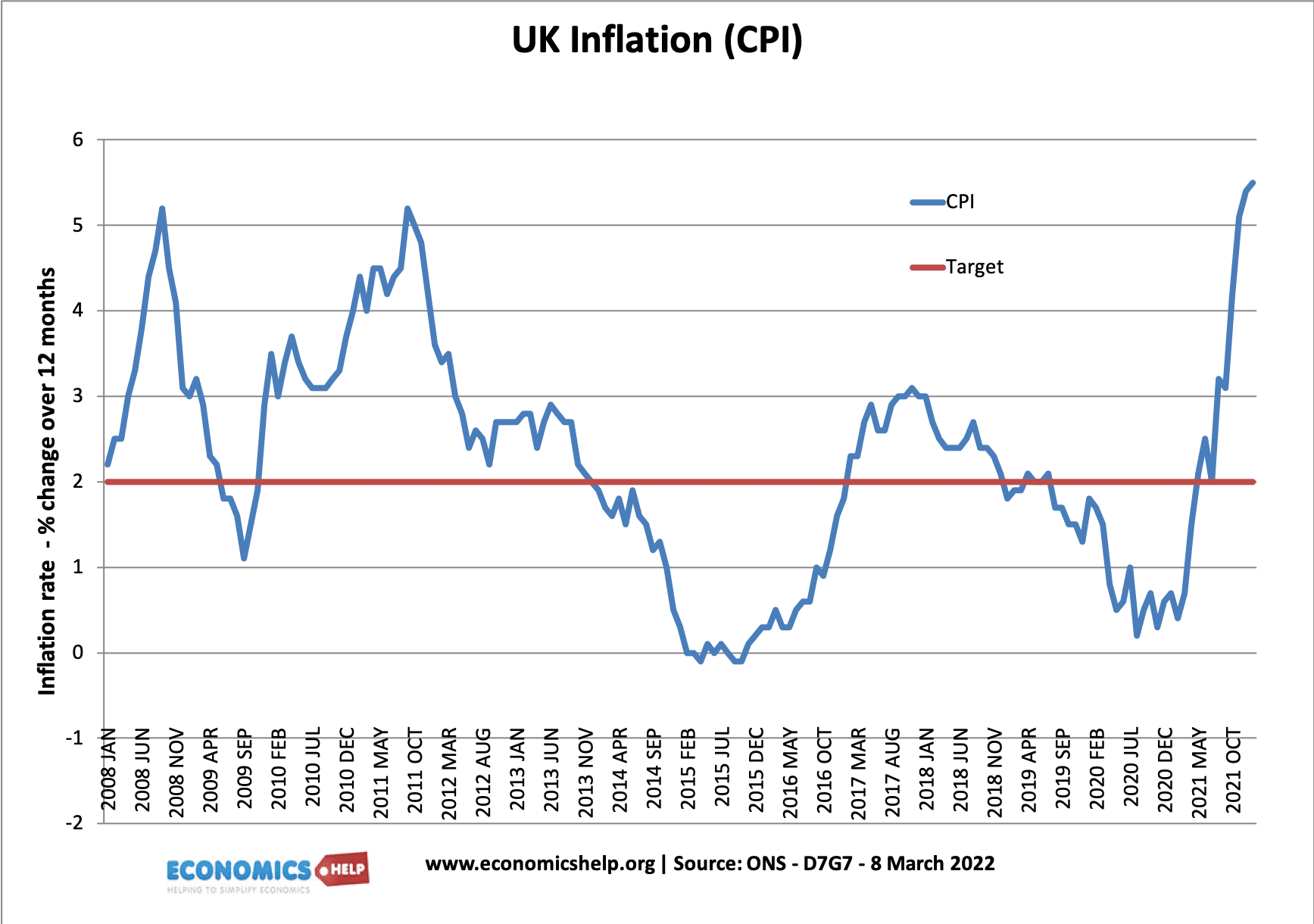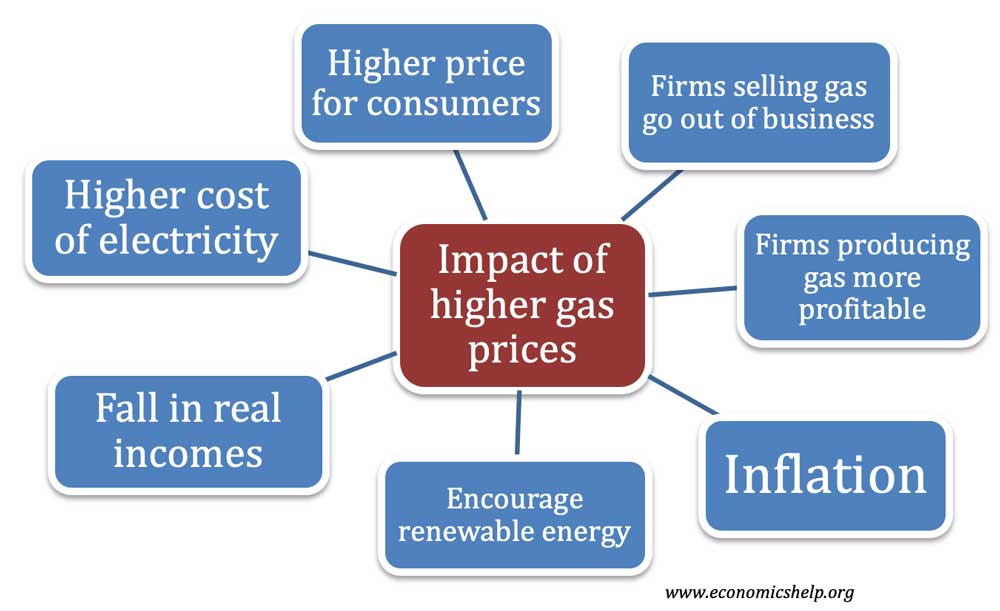Understanding exchange rates
A summary for understanding exchange rates. Factors that affect exchange rates and the impact of exchange rates on the economy. Terminology Depreciation/devaluation – fall in value of exchange rate – exchange rate becomes weaker (see also: definition of devaluation and depreciation) Appreciation – increase in the value of exchange rate – exchange rate becomes stronger. …

